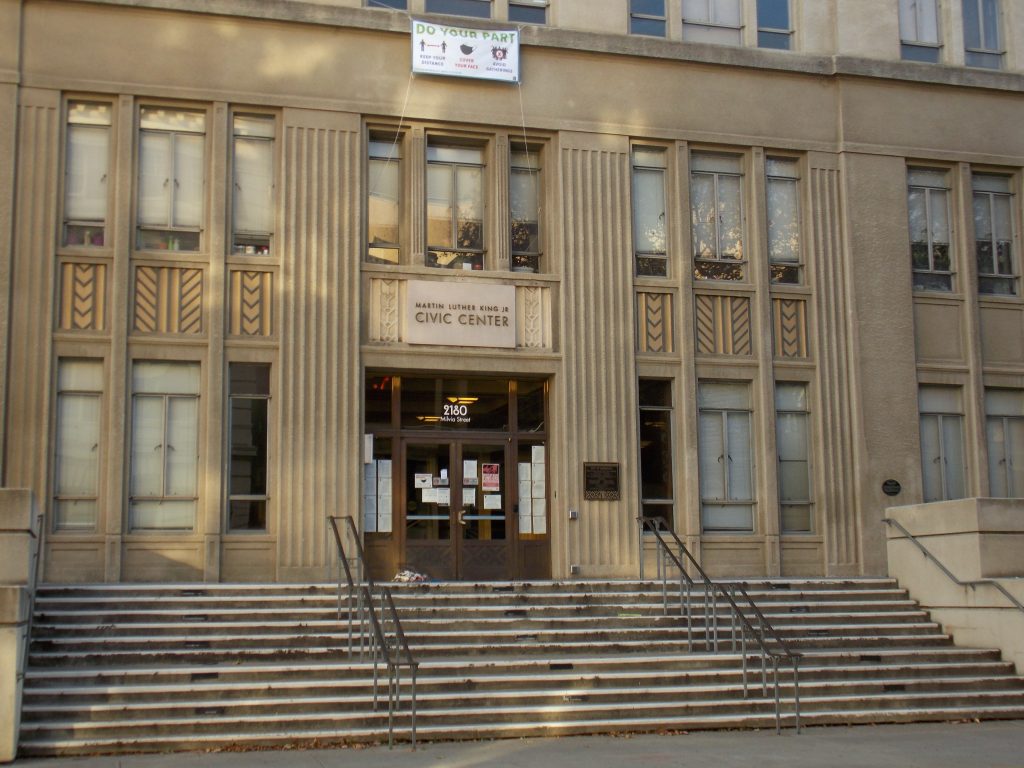On November 3, Jesse Arreguín was re-elected as mayor of Berkeley. Winning 65 percent of the vote, it is clear that the majority of Berkeley voters found him to be the most qualified candidate. However, many progressive Berkeley residents argue that Arreguín is not the right leader for Berkeley. Arreguín’s achievements are laudable, but he must take more aggressive actions in the upcoming term.
During his first mayoral campaign in 2016, Arreguín made clear that minimizing homelessness and maximizing affordable housing in Berkeley was one of his top priorities. During his time in office he has done extremely well in this field and has taken large steps towards his desired result: to provide resources and shelter for all 1,000 homeless individuals in Berkeley. By endorsing and passing Measures O and P in 2018, Arreguín has been able to direct multi-million dollar funding towards the building of affordable housing and resources for the homeless.
Affordable housing developments and homeless shelters are already underway as an outcome of the funding received through the measures: on Berkeley Way, Arreguín and the City of Berkeley are working to build 89 affordable housing units along with a shelter in the same location. The Pathways Project enabled the creation of the STAIR Center (an acronym for stability, navigation, and respite), which can temporarily house 45 individuals and their pets for up to six months.
Despite such developments under Arreguín’s leadership, significant changes must be made to his agenda in this new term. Berkeley is reputable for leading the nation in many liberal or left-leaning decisions, and Arreguín’s climate plan is not living up to this reputation. He plans to reduce net energy consumption in Berkeley down to zero by 2050. Though this vision sounds quite ambitious, it is not ambitious enough. The Intergovernmental Panel on Climate Change (IPCC) has found that carbon emissions must be cut down to zero by 2050, which aligns with Arreguín’s plan. However, if Berkeley wants to truly take the lead on confronting our climate crisis, it must move up the timetable and show the rest of the country what can be accomplished. Cutting down to zero carbon emissions by a sooner deadline, like 2030, is the best environmental plan for Berkeley, and Arreguín must dedicate more of his agenda to this.
Arreguín has also taken actions towards police reform, including a decrease in the Berkeley Police Department’s (BPD) budget of $70 million by 12 percent. In the past election, Measure II, which implements a new Police Accountability Board of nine members selected by the mayor, was passed. Though these actions are steps in the right direction, they are not enough. In fact, Arreguín has countered his supposedly progressive stance on police reform on multiple occasions. By supporting Urban Shield, Arreguín has shown his approval of militarization in the BPD. He also voted against Councilwoman Cheryl Davila’s proposal to cut the BPD budget in half. It is clear that law enforcement itself is the perpetrator of many racial inequities and police brutality, and therefore we need more than small reformations. In the coming term, Arreguín should commit himself to combating institutional racism and redistribute half of BPD’s budget, because 12 percent is not enough.
In general, the mayor has served the Berkeley community well and his contributions have benefited and will continue to benefit our city. Yet, if we want Berkeley to be at the forefront of our country’s approach to resolving the climate crisis and racial injustice, we must hold Arreguín to being bolder in his policy.


